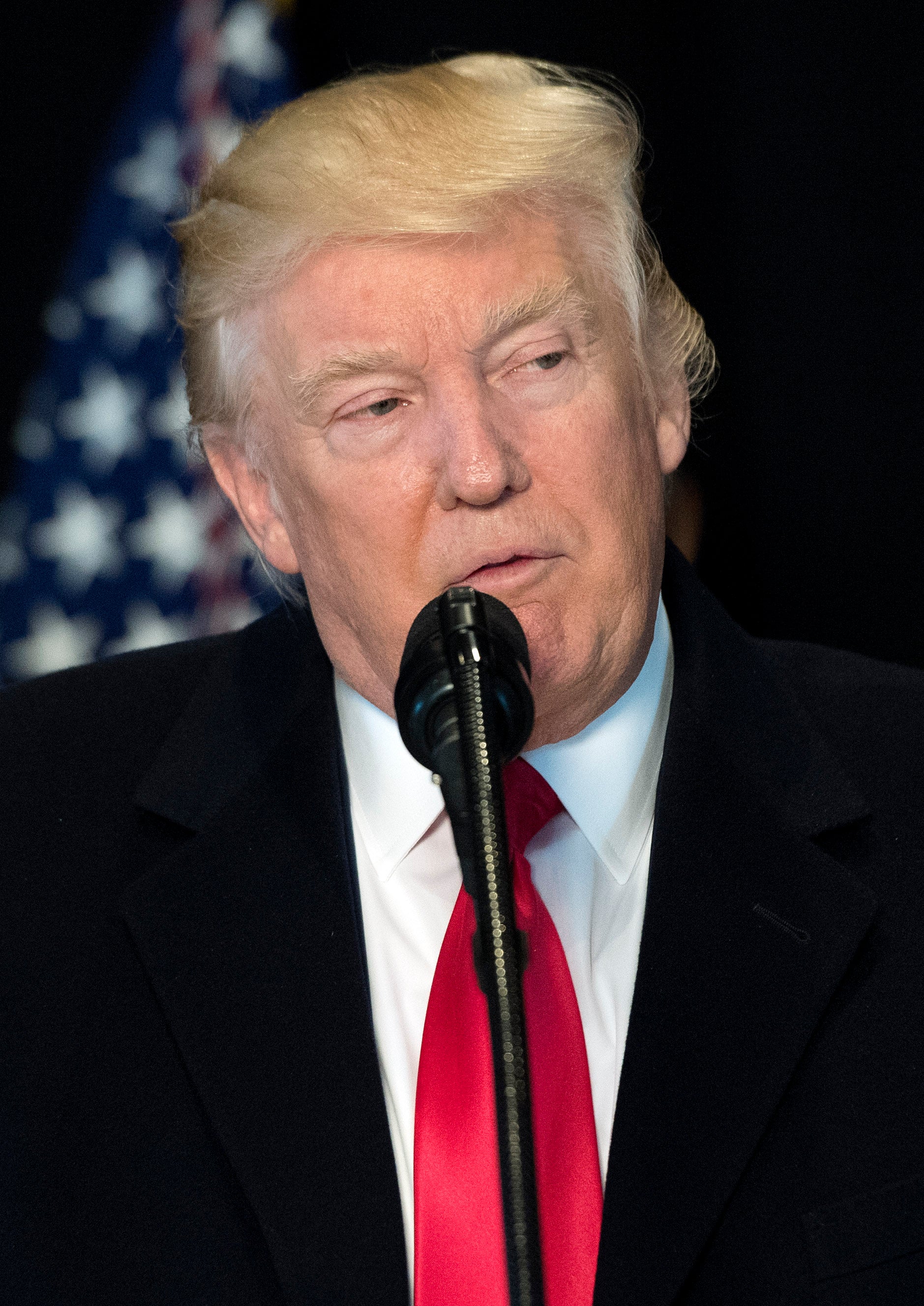
This morning President Donald Trump signed a much anticipated revision to what’s being called the “Muslim Ban,” officially known as Executive Order 13769.
The initial executive order signed on Jan 27 banned all individuals from trying to enter the U.S. from seven countries that included Iraq, Iran, Syria, Yemen, Libya, Somalia and Sudan— all majority Muslim nations.
For different time periods that varied from 90 to 120 days, the order didn’t take into account U.S. citizens, visa holders, and green card recipients that were abroad for a variety of reasons. It also didn’t account for the thousands of individuals who have been waiting for visas for long periods of time, to escape unfathomable living conditions.
The brash legislation spurred unrest, protests and was ruled unconstitutional by judges across the U.S. and because of the backlash Trump signed a revised executive order that will go into effect March 14.
Similar to the initial bill, the revised version halts the issuance of new visas and keeps the temporary travel ban on all refugees. But now, Syrians have 120 days to wait versus an indefinite ban. Trump also removed Iraq from the list of banned nations, despite the presence of ISIS.
Subscribe to our daily newsletter for the latest in hair, beauty, style and celebrity news.
“Recent history shows that some of those who have entered the United States through our immigration system have proved to be threats to our national security,” the order claims. “The Attorney General has reported to me that more than 300 persons who entered the United States as refugees are currently the subjects of counterterrorism investigations by the Federal Bureau of Investigation.”
The order also alludes to more nations’ potential to be added to the list.
“The Secretary of State, the Attorney General, or the Secretary of Homeland Security may also submit to the President the names of additional countries for which any of them recommends other lawful restrictions or limitations deemed necessary for the security or welfare of the United States.”
